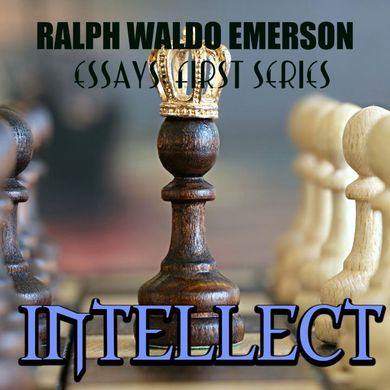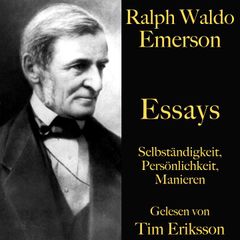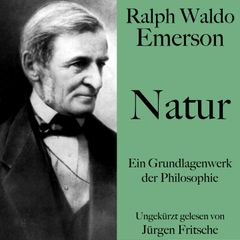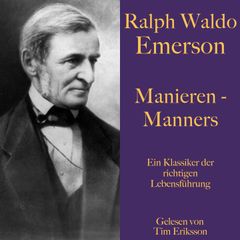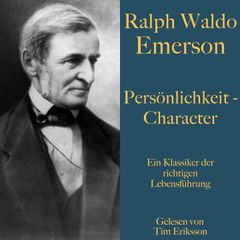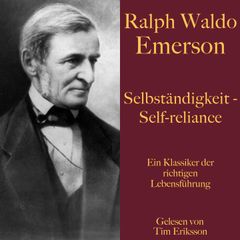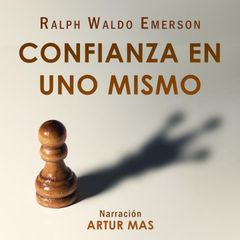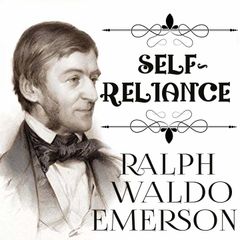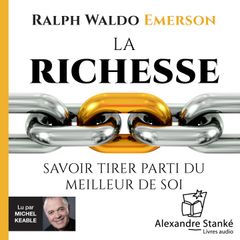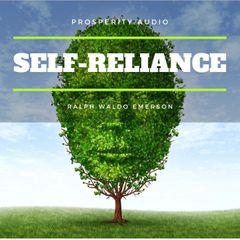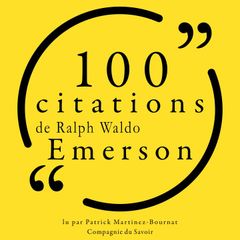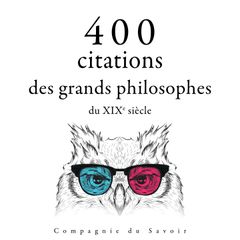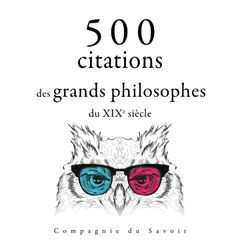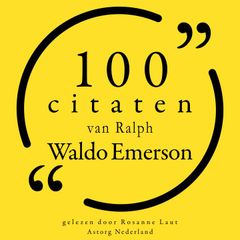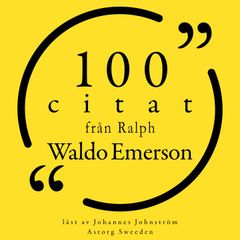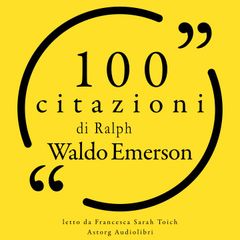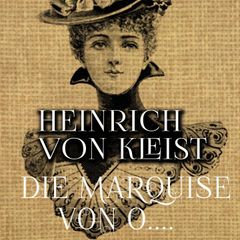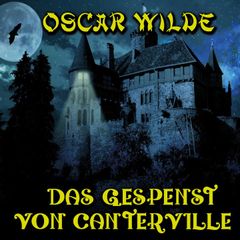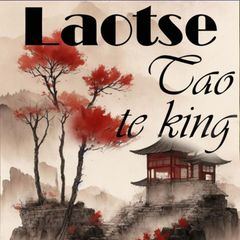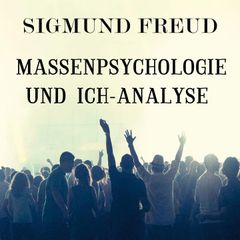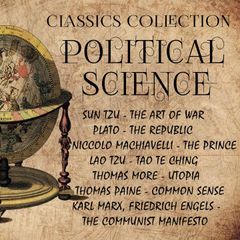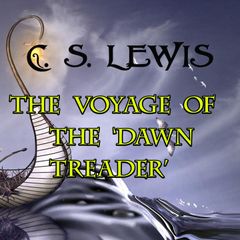- Audiolibro
- 2025
- 32 min
- Strelbytskyy Multimedia Publishing
Search Links
Título
Essays: First Series. Intellect
Descripción
Intellect is not a possession but a force—fluid, expansive, untamed. It cannot be hoarded, nor can it be caged within doctrine or tradition. In Intellect, Ralph Waldo Emerson urges us to see thought as a living current, not a stagnant pool. True understanding, he suggests, is not about collecting knowledge but about breaking through to deeper insight, where intuition leads and logic follows.
Emerson's vision of the mind defies confinement. He challenges the idea that intelligence is something fixed, something to be measured or owned. Instead, he sees it as a ceaseless motion, a self-renewing energy that thrives on boldness and independence. To think freely is to embrace the unknown, to risk uncertainty in pursuit of wisdom.
Part of Essays: First Series, Intellect is a call to let go of borrowed opinions and trust the mind's own unfolding. It is not a guidebook, not a doctrine—it is an invitation to intellectual courage. To read it is to reconsider not only what we think but how we think.
En listas públicas de estos usuarios
Este audiolibro no está ninguna lista
Detalles del producto
Editorial:
Autor:
Título:
Essays: First Series. Intellect
narrado por:
Idioma:
EN
ISBN de audio:
4069828298620
Fecha de publicación:
31 de marzo de 2025
Palabras clave:
Duración
32 min
Tipo de producto
AUDIO
Explícito:
No
Audiodrama:
No
Unabridged:
Sí
Sobre el autor:
Ralph Waldo Emerson (May 25, 1803 – April 27, 1882) was a writer, lecturer, and thinker who reshaped American intellectual life. Born in Boston into a family of ministers, he lost his father at eight and was raised by a fiercely determined mother. He attended Harvard at fourteen, briefly taught school, and then followed family tradition into the ministry. But the death of his first wife, Ellen, in 1831 shattered his faith in organized religion. He resigned from the church and set off for Europe, where he met the great minds of his time—Coleridge, Carlyle, and Wordsworth—who deepened his belief in individual thought over inherited dogma.
Back in America, he settled in Concord, Massachusetts, and became the leading voice of transcendentalism. His 1836 essay Nature called for a new way of seeing the world—one that placed intuition above reason and the divine within the self. His lectures and essays, including Self-Reliance and The American Scholar, urged Americans to trust their own voices rather than look to Europe for intellectual authority.
A magnetic speaker, Emerson crisscrossed the country delivering lectures on topics ranging from history to self-improvement. He mentored Henry David Thoreau and influenced countless others, from Walt Whitman to Friedrich Nietzsche. Despite his growing fame, he remained a private man, happiest in his study or walking through the woods of Concord.
In later years, his memory faded, and he quietly withdrew from public life. Yet his words endured, shaping generations of writers, philosophers, and seekers. His call for self-reliance and intellectual independence remains as relevant today as it was in his time.
